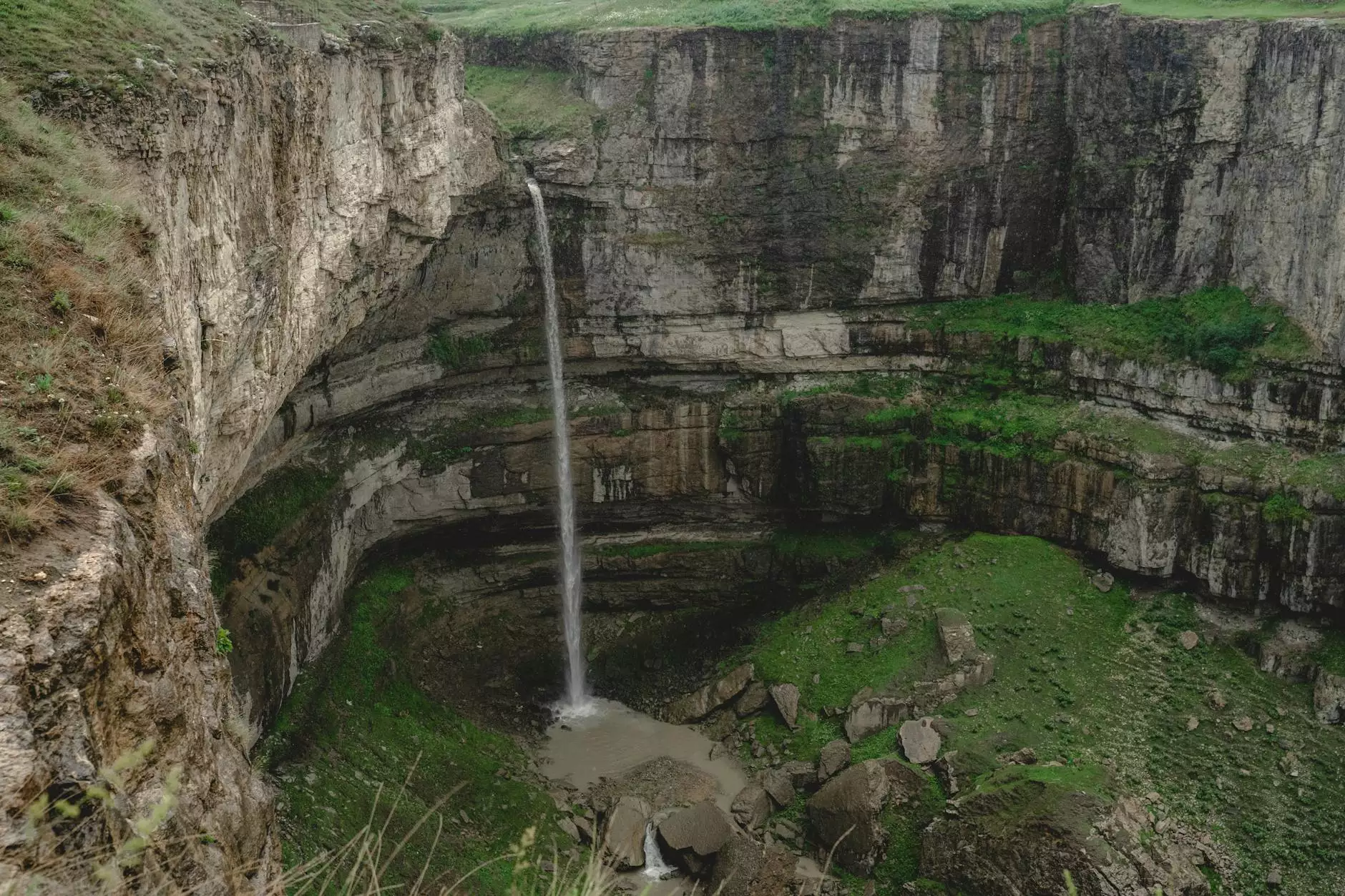Ultimate Guide to Jeep Wheels and Tires

The world of off-roading is incredibly exciting, especially for Jeep enthusiasts who depend on their Jeep Wheels and Tires for performance and durability. Understanding the various options available in the market can significantly enhance your driving experience when you're tackling tough terrains. This article examines everything you need to know about Jeep wheels and tires, ensuring you make informed decisions for your vehicle. Let's dive in!
Understanding Your Jeep: The Importance of Wheels and Tires
Wheels and tires are vital components of any vehicle, but when it comes to off-roading, their importance is magnified. Rough terrains, mud, rocks, and various obstacles demand specific attributes from a vehicle's wheels and tires to ensure optimal performance.
Why Quality Matters
High-quality Jeep Wheels and Tires are crucial for safety, handling, and overall ride comfort. Here are a few reasons why you should invest in quality:
- Enhanced Traction: Good tires provide the grip you need on slippery or uneven surfaces.
- Increased Safety: Quality wheels can handle heavy loads and challenging environments, reducing the risk of blowouts.
- Improved Comfort: High-quality tires often have better shock absorption, enhancing overall ride comfort.
Choosing the Right Wheels for Your Jeep
The choice of wheels can greatly influence your Jeep's performance and aesthetics. Here are key factors to consider when selecting wheels:
1. Size of the Wheel
Wheels come in various sizes, generally measured in inches. The right size for your Jeep will depend on factors like:
- Your Jeep model.
- Your intended use (off-road vs. street driving).
- The type of tires you plan to install.
Typically, larger wheels can enhance the appearance of your Jeep and enable the use of wider tires, improving traction during off-road drives.
2. Wheel Material
Wheels are usually made from two primary materials: aluminum and steel.
- Aluminum Wheels: Lightweight and stylish, aluminum wheels offer better performance and heat dissipation.
- Steel Wheels: These are sturdier and can withstand harsher conditions, making them the preferred choice for serious off-roaders.
3. Wheel Offset and Backspacing
Understanding wheel offset and backspacing is essential for a proper fit. These measures determine how far the wheel will sit in relation to the suspension and body of your Jeep. Proper fitment can lead to better handling and cornering stability.
Exploring Tire Options for Your Jeep
Tires play an equally vital role in the performance of your Jeep. When choosing tires, it's essential to consider their type, tread pattern, and size.
1. Types of Tires
There are three main types of tires to consider:
- All-Terrain Tires: Best for versatile driving conditions, these tires balance on-road comfort with off-road capability.
- Mud-Terrain Tires: Designed specifically for off-road use, they have aggressive tread patterns for optimal grip in muddy conditions.
- Highway Tires: These offer the best performance on paved roads but are not suitable for extreme off-roading.
2. Tread Patterns
The tread pattern of a tire affects its performance on various terrains:
- Symmetrical Tread: Offers even wear and is great for highway driving.
- Asymmetrical Tread: Provides excellent handling and traction, making it a good choice for diverse driving conditions.
- Directional Tread: Designed to channel water away from the tire, improving wet-weather performance.
Installation and Maintenance of Jeep Wheels and Tires
Proper installation and maintenance of your Jeep Wheels and Tires are essential to ensure their longevity and your safety. Here are some tips:
1. Professional Installation
While some Jeep enthusiasts may choose to install their wheels and tires themselves, opting for professional installation can ensure proper fitment and balance. Professionals have access to specialized equipment that guarantees the correct setup.
2. Regular Inspections
Check your wheels and tires regularly for signs of wear and damage. Look for:
- Tread wear patterns.
- Cracks or bulges in the sidewalls.
- Loose lug nuts.
3. Tire Rotation and Alignment
For optimal performance, ensure you rotate your tires every 5,000 to 8,000 miles. This can help promote even wear and extend the life of your tires. Additionally, regular wheel alignments can prevent uneven wear and improve handling.
Conclusion: Elevate Your Jeep Experience
Investing in the right Jeep Wheels and Tires can dramatically enhance your off-road experience. Ensuring you select the appropriate size, material, and type of wheels and tires will provide you with improved handling, safety, and comfort. With the right components, you can conquer any terrain and elevate your adventures.
Explore More with Offroad Zone
At Offroad Zone, we offer an extensive selection of high-quality wheels and tires tailored for your Jeep. Our experts are always ready to assist you in finding the ideal setup, enhancing your off-road experience to new heights. Don't hesitate to reach out to us for any inquiries or to explore our latest products!
In summary, understanding the significance of Jeep Wheels and Tires and maintaining them can lead to a much safer and more enjoyable driving experience. Whether you're heading out for a standard drive or tackling the roughest terrain, every detail counts!



